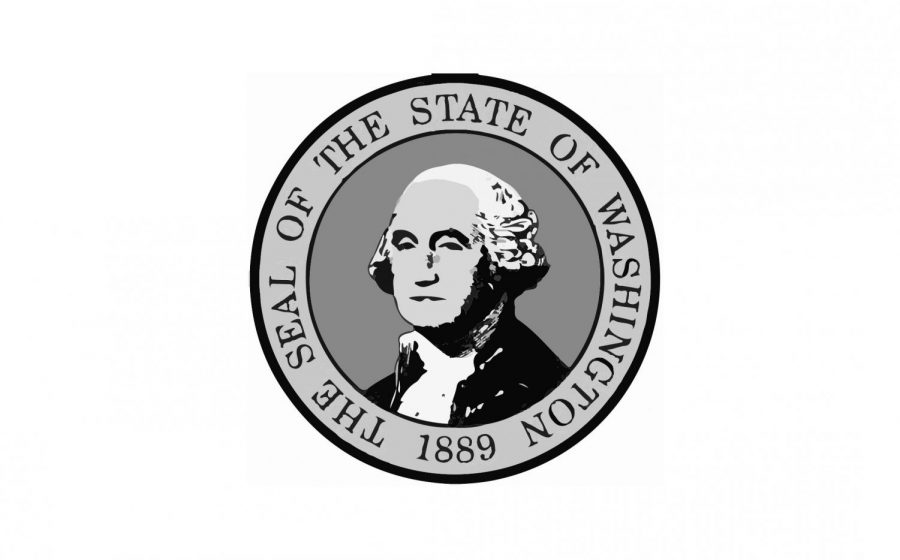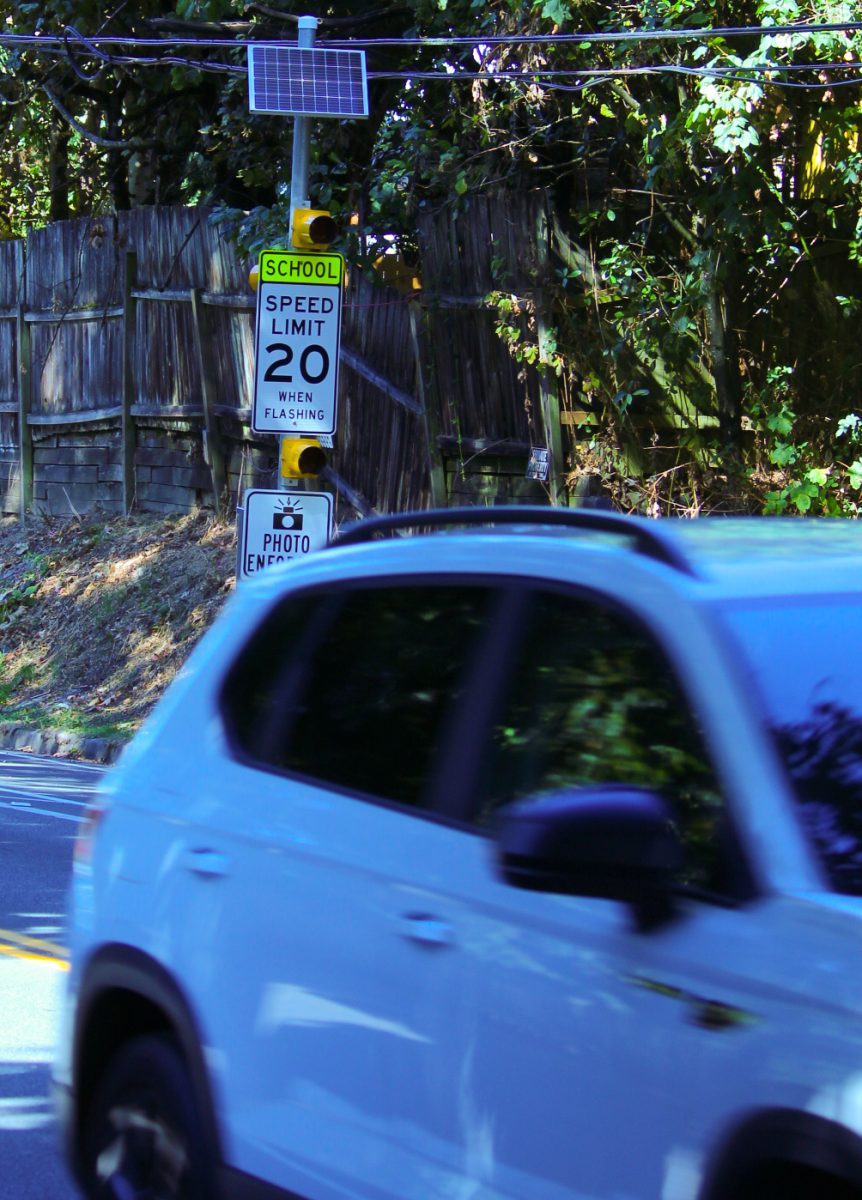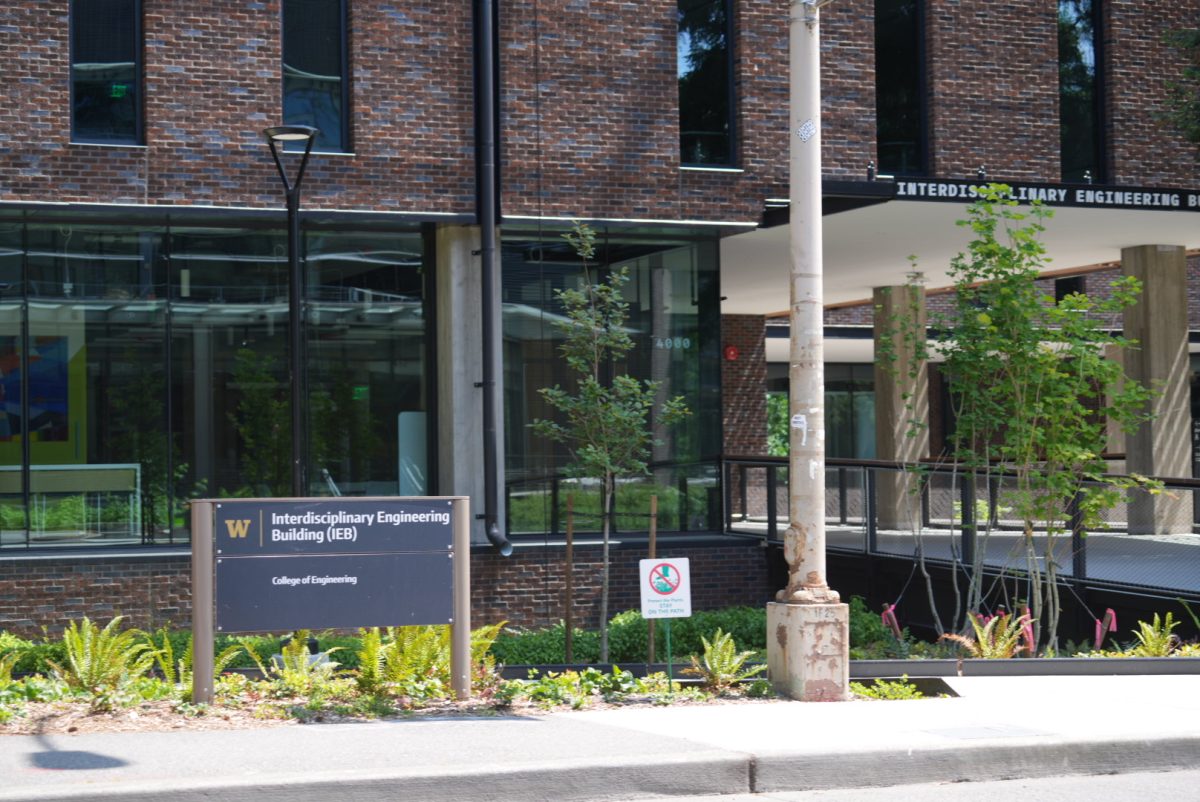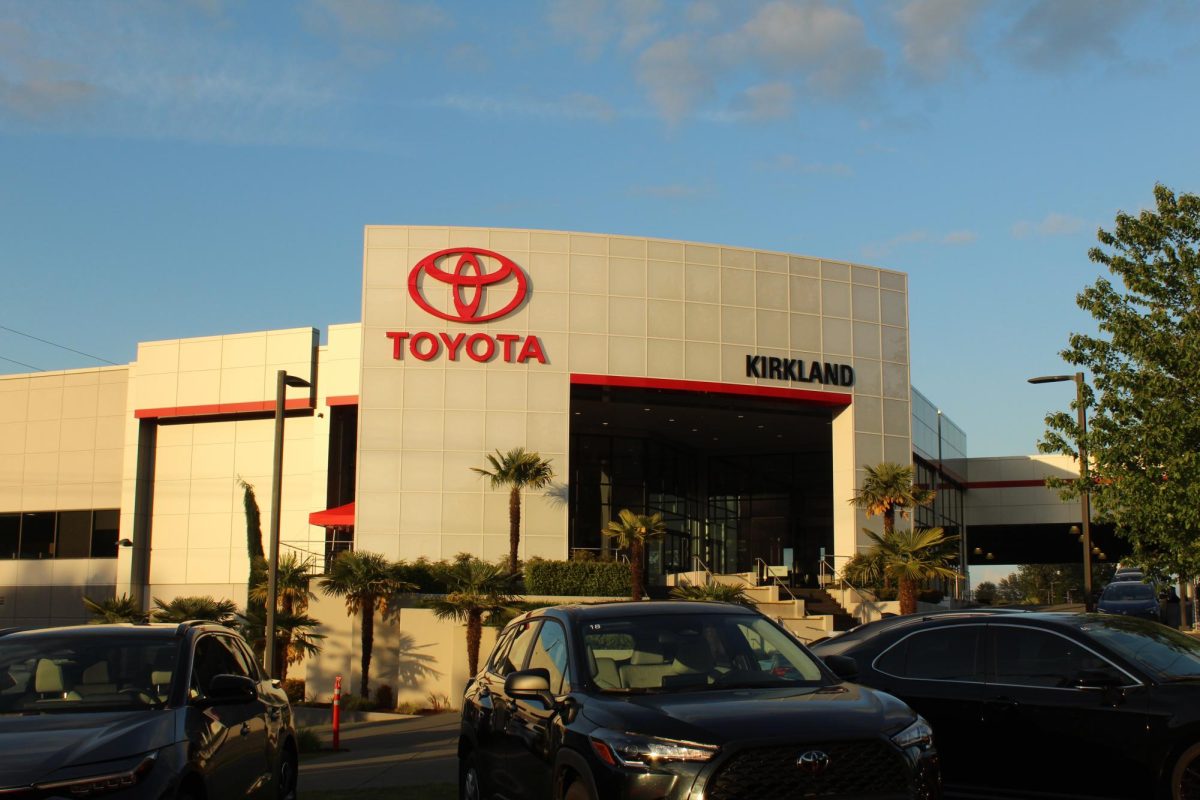On Jan. 1, 2020, workers in Seattle received an increase in minimum wage in accordance with Initiative 1433 which passed in 2016.
The initiative, which set yearly wage gains from 2017-2020, has increased minimum wage to $16.39 for large employers and $15.75 for small employers. In 2019, large employers paid $16 an hour for minimum wage while small employers paid $15. In both cases, lower wages were allowed in cases where employees would earn the difference through reported tips or it would be put toward their health insurance.
Workers learning on the job, student learners, and workers with disabilities are exempt from this wage change for the time being. However, starting in July 2020, state agencies will revise wages for disabled employees to reflect the new minimum wage.
For businesses, there has been an unintended effect. Jasmine Donovan, president of Dick’s Drive-In, said employees are opting to work fewer hours.
“We thought with higher wages it would be easier to get people to take more hours, but it has actually been the opposite,” Donovan said.
She also reported that in addition to raising wages, Dick’s Drive-In has had to raise prices of food items for the first time in company history based purely on the cost increased salaries.
For advocacy groups that lobbied for this law, the results have been significant in increasing the income for many workers. Martin Johnson, a Seattle worker who works three minimum wage jobs, cites the wage gain with boosting morale and self-es teem in employees like him.
“Instead of being paid $9 an hour, you’re getting $15 an hour to do the same work. You feel better about yourself—you feel appreciated,” Johnson said.
















